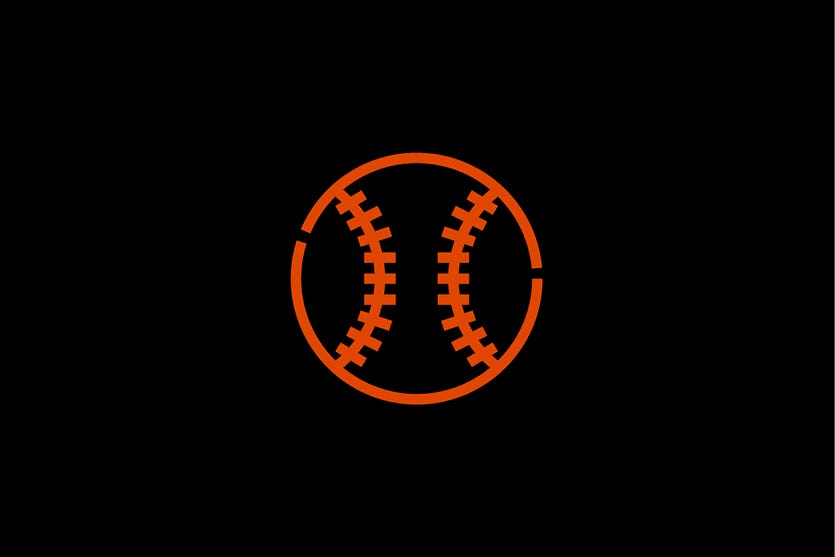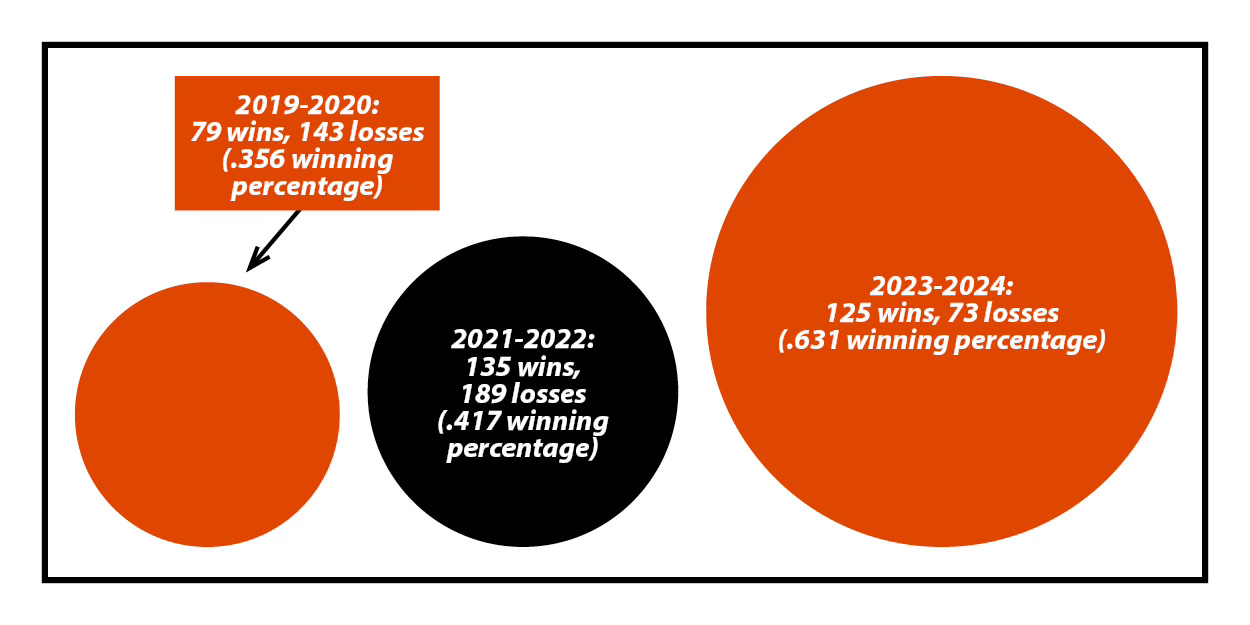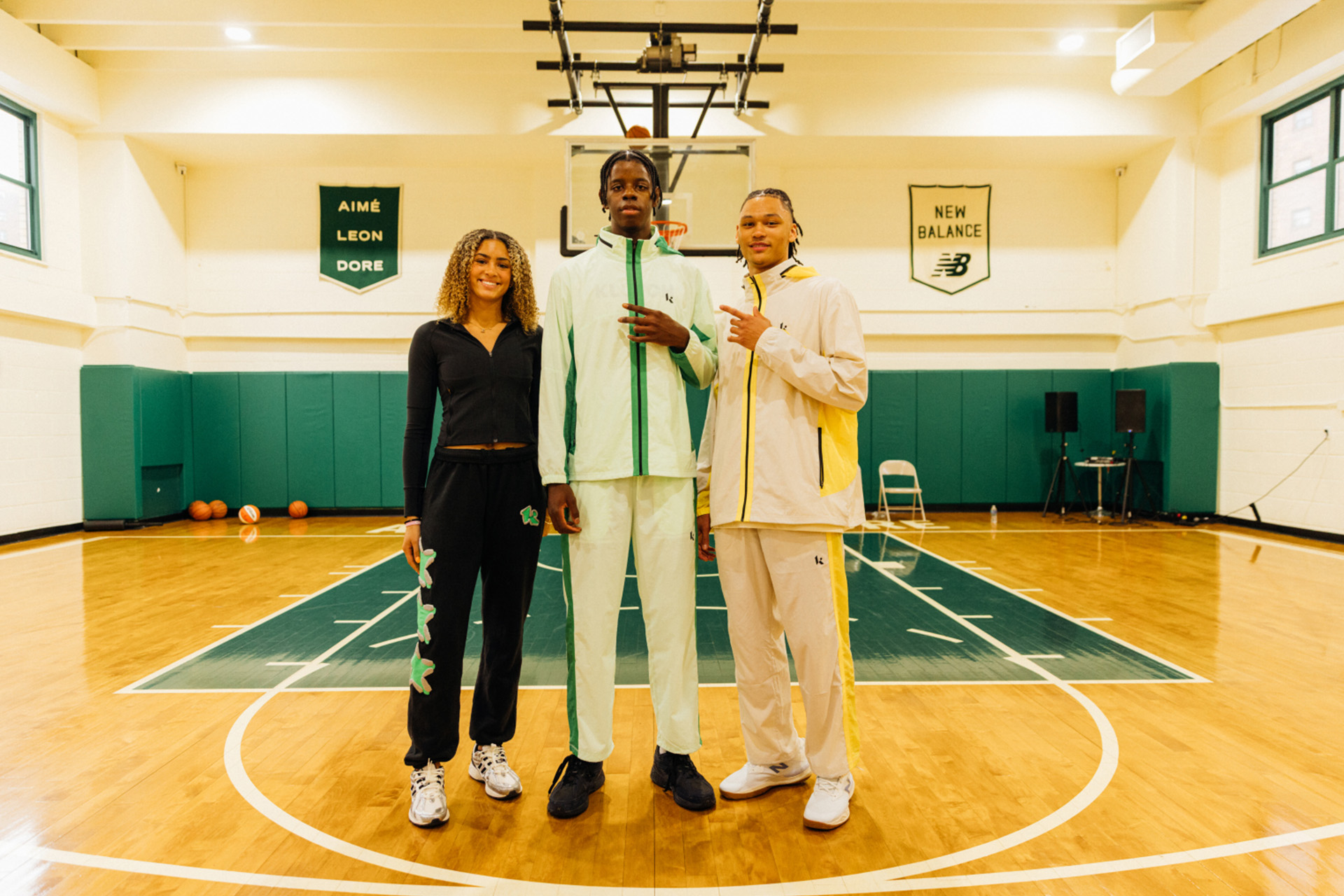[ad_1]
We’re about a quarter of the way into the 2024 baseball season, which is deep enough to discern trends that may (or, yes, may not) hold up through the remaining three-quarters of the schedule.
Big-league clubs played anywhere from 34 (Braves) to 40 (Padres) games over the opening six weeks. I’ve taken the statistics from that period and extrapolated them across a full slate of 162 games.
Don’t make too much of these stats. Slumps and injuries will inevitably intervene, and some trends (notably the eight pitchers on track for 20-win seasons) will be almost impossible to maintain.
But, within these limitations, please indulge my fantasy. Here’s what we’d see in October if every player in the majors maintained his six-week pace the rest of the way. Each list consolidates the three leaders from both leagues.
-
1. Marcell Ozuna (Atlanta Braves), RBI 181
-
2. Juan Soto (New York Yankees), RBI 141
-
3. Alec Bohm (Philadelphia Phillies), RBI 136
-
1. Zack Wheeler (Philadelphia Phillies), SO 269
-
2. Tyler Glasnow (Los Angeles Dodgers), SO 262
-
3. Chris Sale (Atlanta Braves), SO 248
And, of course, I have also extrapolated the six-week results in several unhappy categories. The following lists contain the players who are on pace for 2024’s worst stats.
The Orioles served notice at the beginning of the month. They proved that they’re the best team in the American League East, perhaps in the entire league.
Baltimore went head-to-head with the ballyhooed New York Yankees in a much-anticipated series at Camden Yards, and the Orioles won three of the four games from April 29 to May 2. The composite score was Baltimore 13, New York 6.
There’s plenty of baseball to be played this season, of course, including nine more games between the O’s and Yanks. But fans in Baltimore have good reason to feel upbeat. A long string of sub-.500 seasons is finally in the rearview mirror, and a championship might be on the horizon.
The following graph dramatizes the dramatic change in the Orioles’ fortunes, depicting the relative sizes of the franchise’s winning percentages over recent two-year intervals. The .631 rate for 2023-2024 encompasses all of last season and the first six weeks of the current schedule.
A new installment will arrive in your email each Tuesday morning
This week’s quiz deals with one of the most important positions on the diamond, perhaps the most important of them all.
All five questions are about shortstops, specifically those who made at least 2,000 plate appearances during the past 10-plus seasons (from 2014 through the first six weeks of 2024). You’ll find the answers at the very end of this newsletter.
1. Which shortstop posted the highest cumulative batting average over the past decade?
2. Who tops the list of 2014-2024 shortstops in terms of home runs?
3. Which shortstop has accumulated the most stolen bases since 2014?
4. Who proved his bunting skills by racking up more sacrifice hits than any other shortstop in the 10-year period?
5. Who won the most Gold Gloves since 2014 for fielding excellence as a shortstop?
Many analysts contend that batting average is a worthless stat, or at the very most, an indicator of slight value. “What most baseball fans understand now is that because all base hits are not equal in value, batting average is limited in what it says about a hitter,” says FanGraphs.
The point is undoubtedly a valid one, yet batting average retains its appeal, no matter how frequently we might question its worth.
Tradition is a major factor. A .300 average remained the commonly accepted gold standard for hitters for more than a century. And most fans revere it to this day.
Twenty-one major-league batters in the current century have generated batting averages of .300 or better while making more than 4,000 plate appearances. Barry Bonds tops the list with a .322 average over the final eight seasons of his career, 2000 to 2007. (The 20th century portion of Bonds’s career is not included here. The same for everybody else.)
Here are the 10 highest batting averages for the 21st century, running from 2000 through the first six weeks of 2024, as tabulated by Baseball Reference:
-
1. Barry Bonds (2000-2007), BA .322
-
2. Vladimir Guerrero (2000-2011), BA .318
-
3. Todd Helton (2000-2013), BA .317
-
4. Manny Ramirez (2000-2011), BA .315
-
5. Magglio Ordonez (2000-2011), BA .312
-
6. Ichiro Suzuki (2001-2019), BA .311
-
7. Moises Alou (2000-2008), BA .310
-
8. Jose Altuve (2011-2024), BA .308
-
8. Nomar Garciaparra (2000-2009), BA .308
-
10. Derek Jeter (2000-2014), BA .307
The 1984 Detroit Tigers are rated as the greatest team of baseball’s Modern Era (1961 to the present), and they offered proof of their excellence 40 years ago this week.
The Tigers swept a three-game series with the Kansas City Royals, then split a pair of contests with the California Angels between May 7 and 13, 1984. The cumulative score for the week was Detroit 28, Opponents 12.
The Tigers’ record at the break of dawn on May 14 was an amazing 26-5, translating to a winning percentage of .839. The closest team in the American League East, the Toronto Blue Jays, was 7.5 games back.
But not everybody was convinced. Baltimore catcher Rick Dempsey insisted that the frontrunners were a flash in the pan. “Hey, they are a good team, the Detroit Tigers,” he said during this week in ’84. “But they are not a great team.”
The 1962 New York Mets (destined to be the Modern Era’s losingest team) went 3-2 between May 7 and 13, giving them the rarest of accomplishments — a winning week.
The highlight was a doubleheader sweep of the Braves on May 12. Both victories were walk-offs (a term not then in vogue).
Catcher Hobie Landrith hit a two-run homer off of Milwaukee’s Warren Spahn in the bottom of the ninth to secure a 3-2 win in the first game. First baseman Gil Hodges followed suit in the nightcap, launching a solo home run in the final inning to break a 7-7 tie in New York’s favor. Reliever Craig Anderson was credited with both victories.
The resurgent Mets nonetheless remained in last place in the National League on the morning of May 14. Their record of 7-18 left them 13.5 games behind the first-place San Francisco Giants.
1-D. (Turner batted .298 in 1,037 games from 2015 to the present. Bichette is the runner-up among shortstops at .293.)
2-C. (Lindor is the easy leader in this category with 221 homers for the decade. Story is next with 177.)
3-D. (Turner again emerges as the winner. His total of 270 stolen bases puts him 88 ahead of Andrus, who ranks second among shortstops with 182 steals.)
4-B. (Escobar was a pedestrian hitter, as evidenced by his .259 batting average. But he laid down 46 sacrifices to lead this category. Francisco Lindor, who was not one of the listed choices, holds second place with 31 sacrifice hits.)
5-B. (Crawford won four Gold Gloves with the Giants in 2015, 2016, 2017, and 2021. He edges Simmons, who won three during this period.)
[ad_2]
Source link







